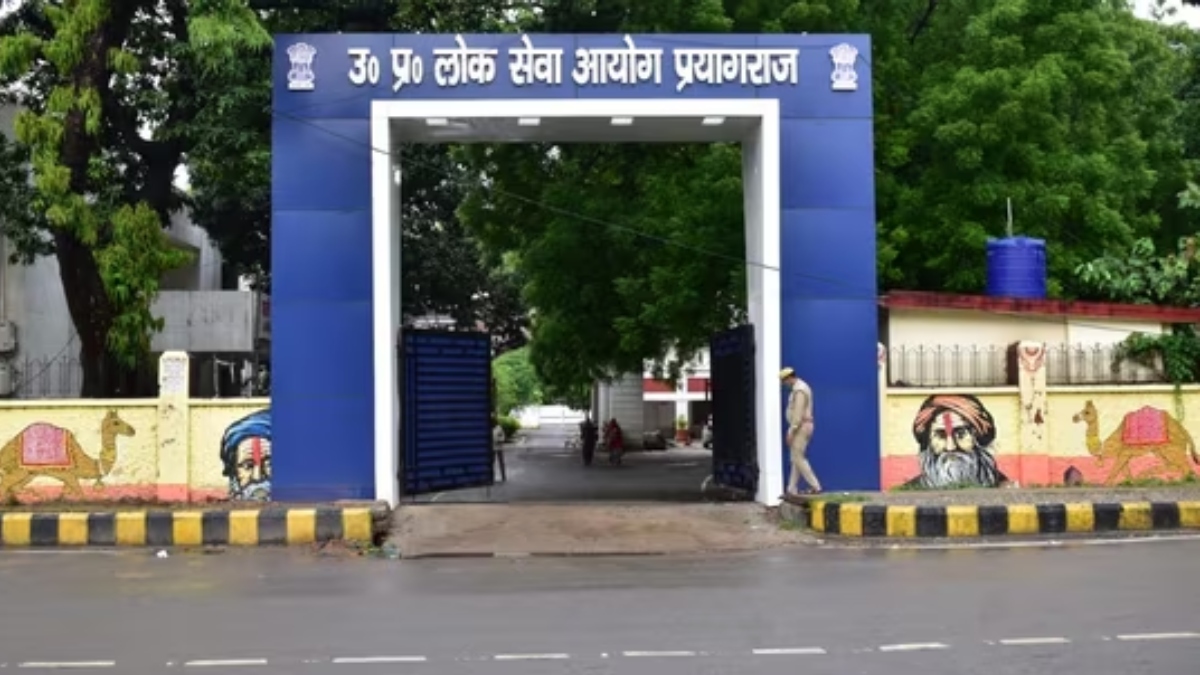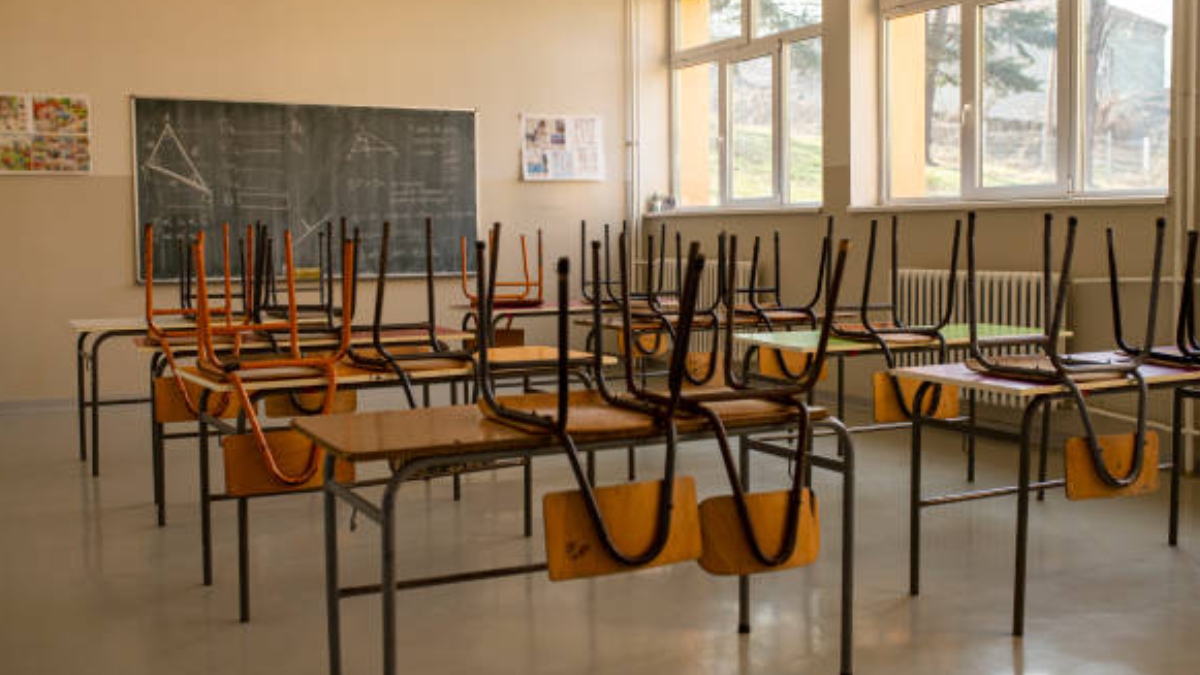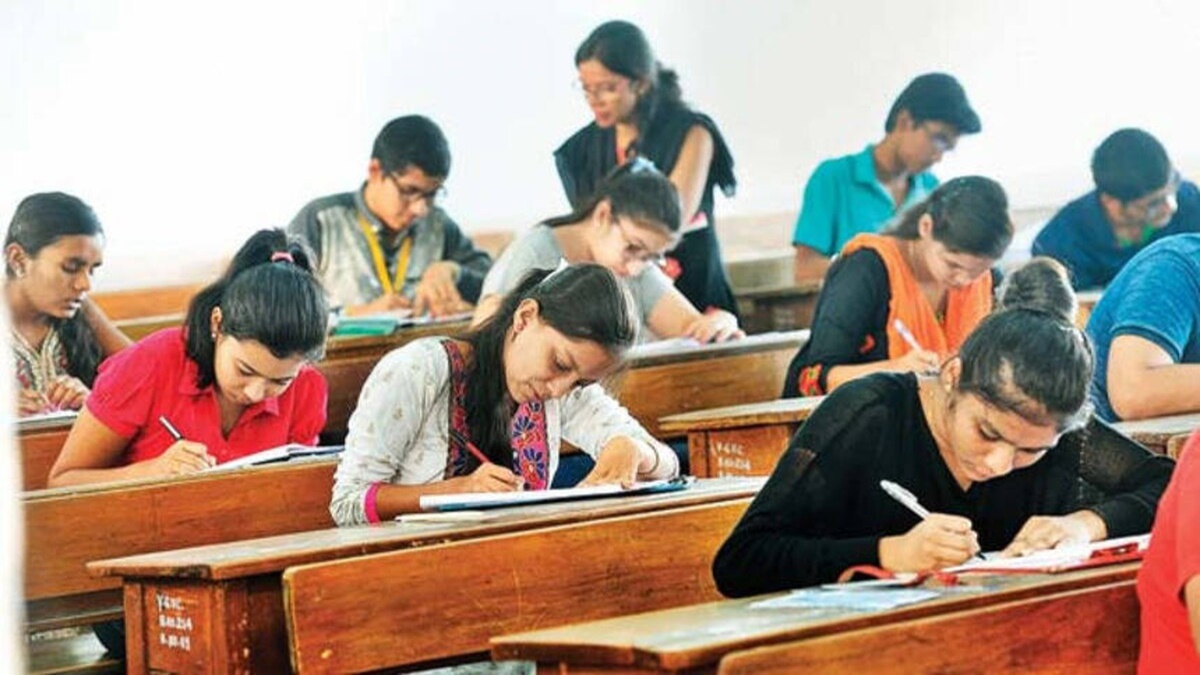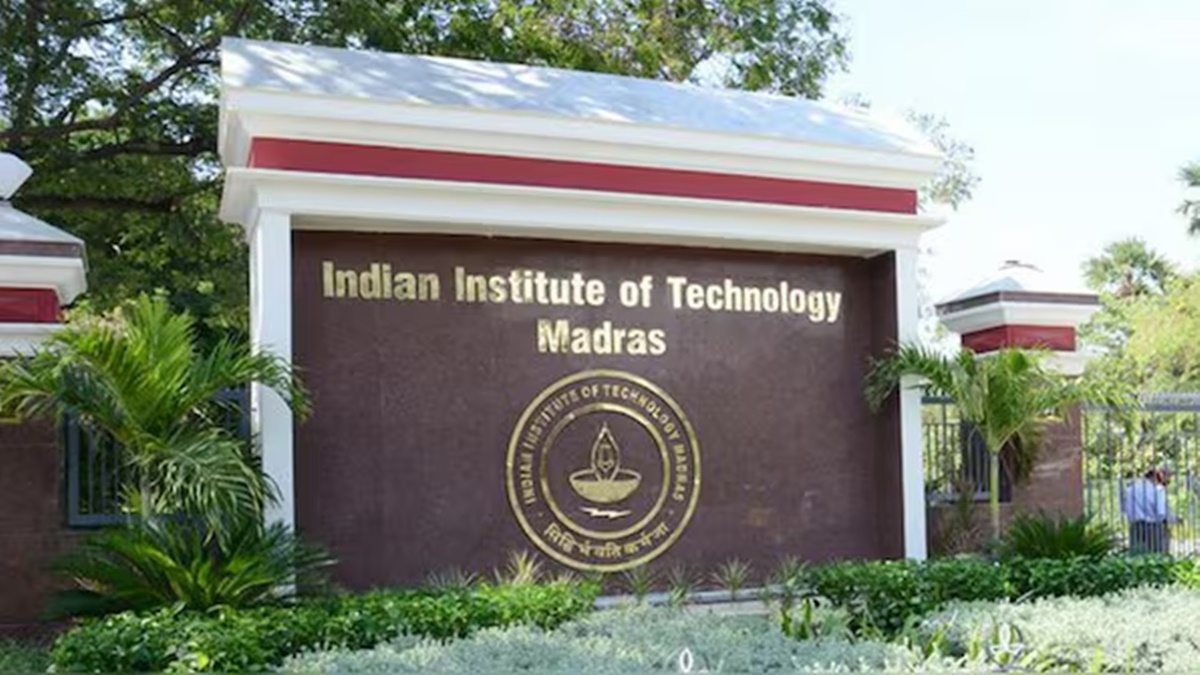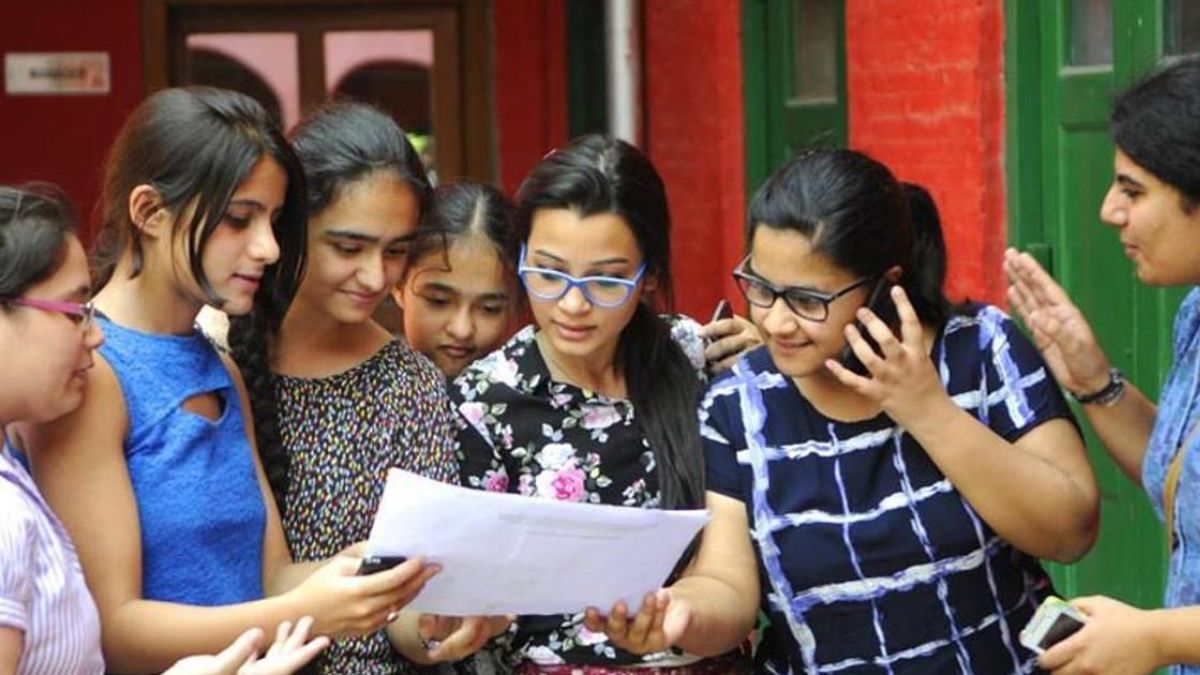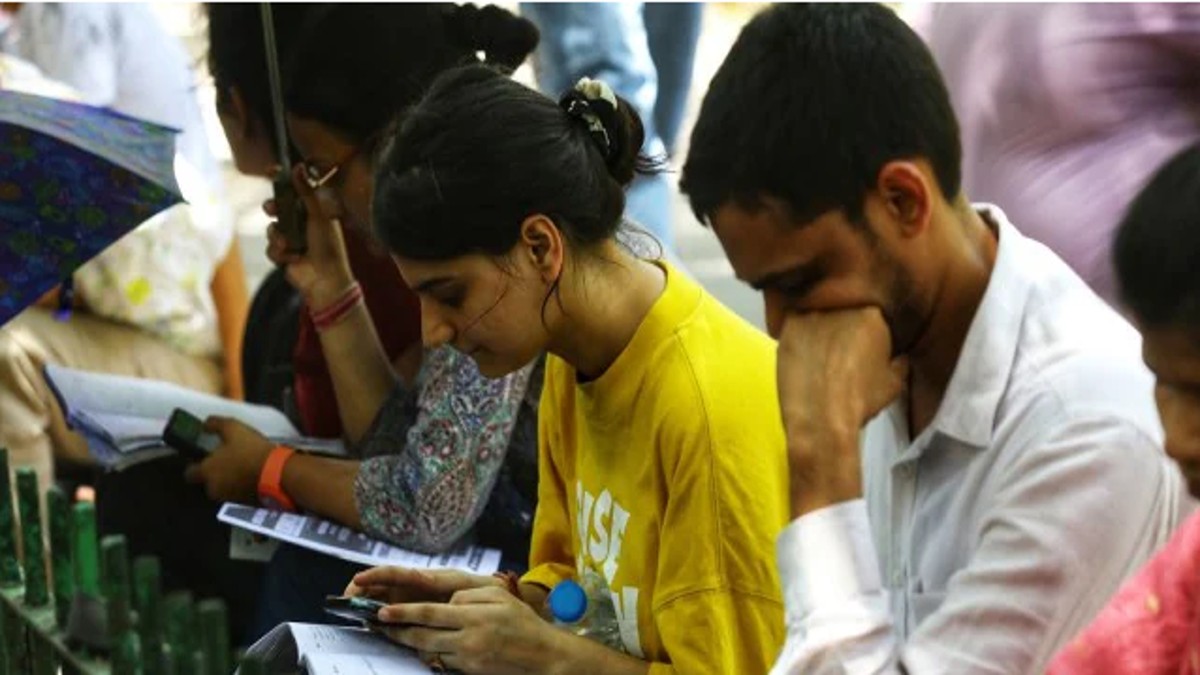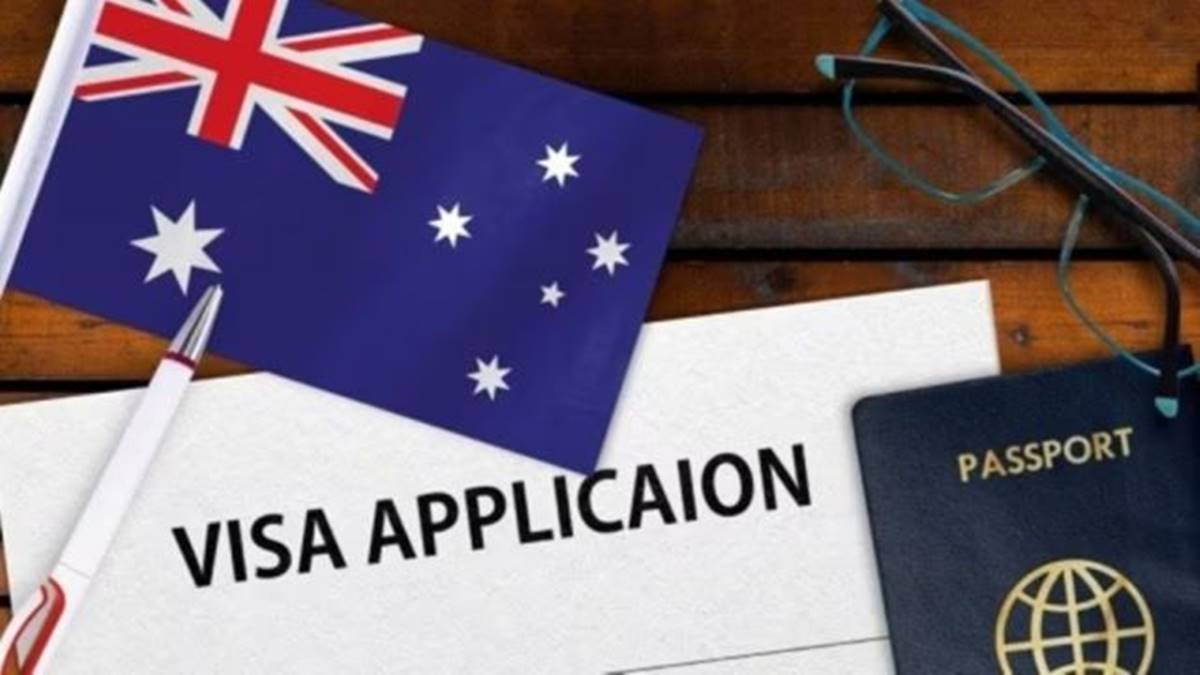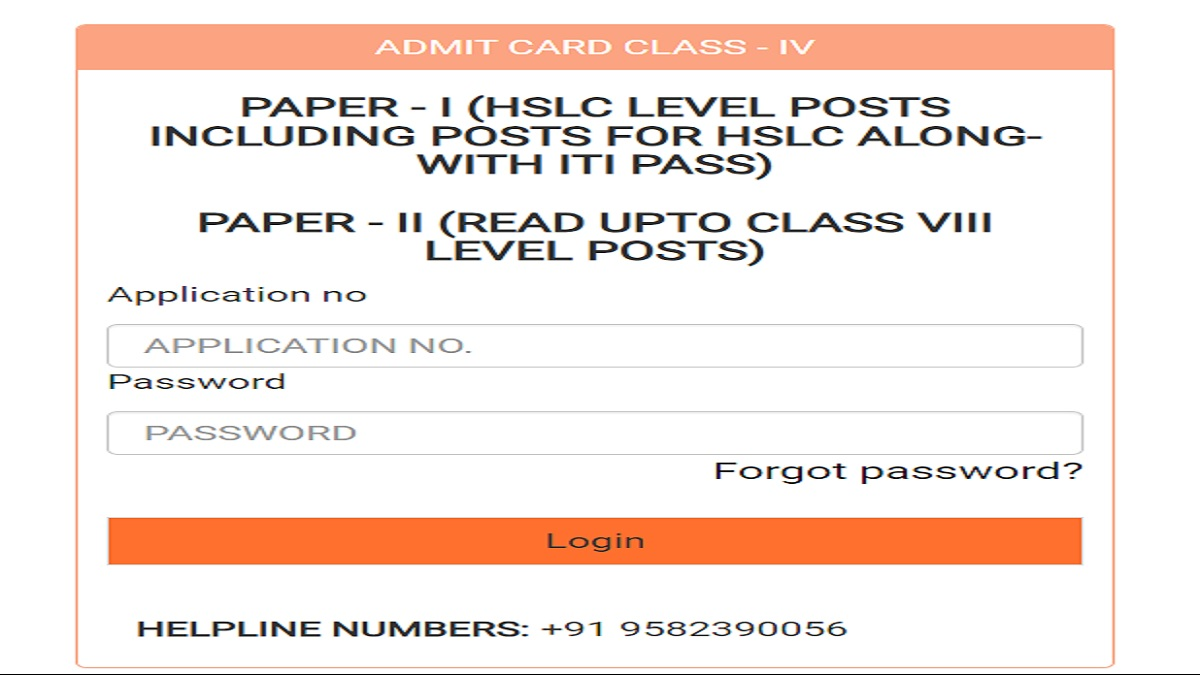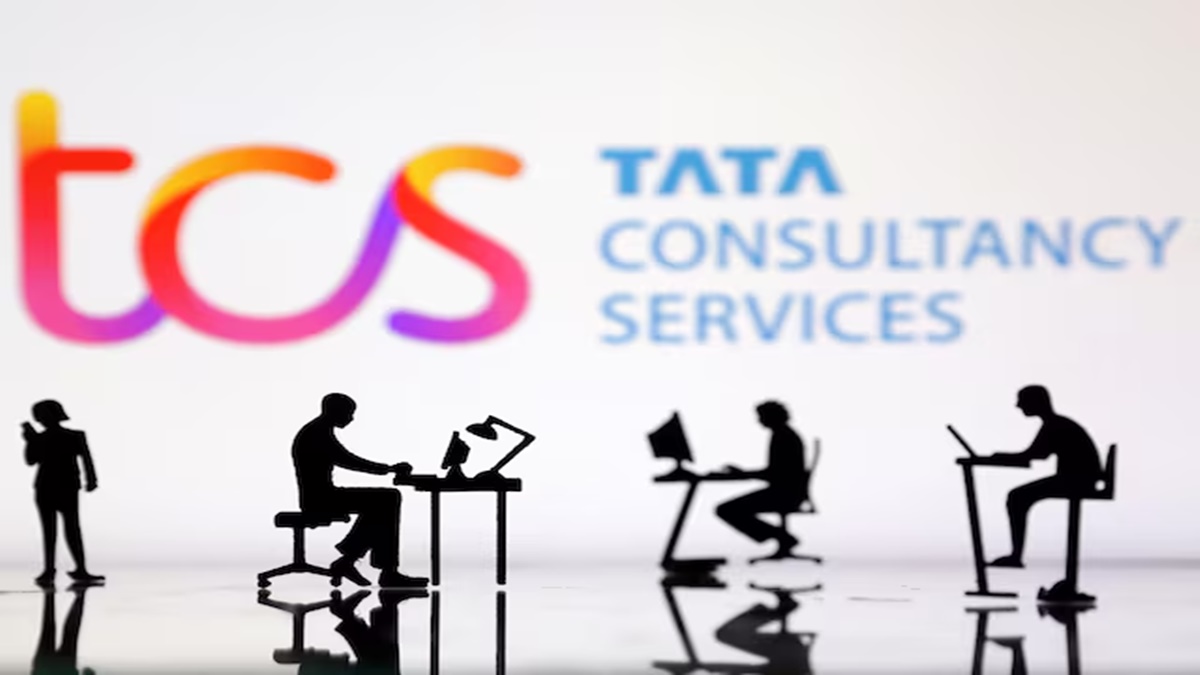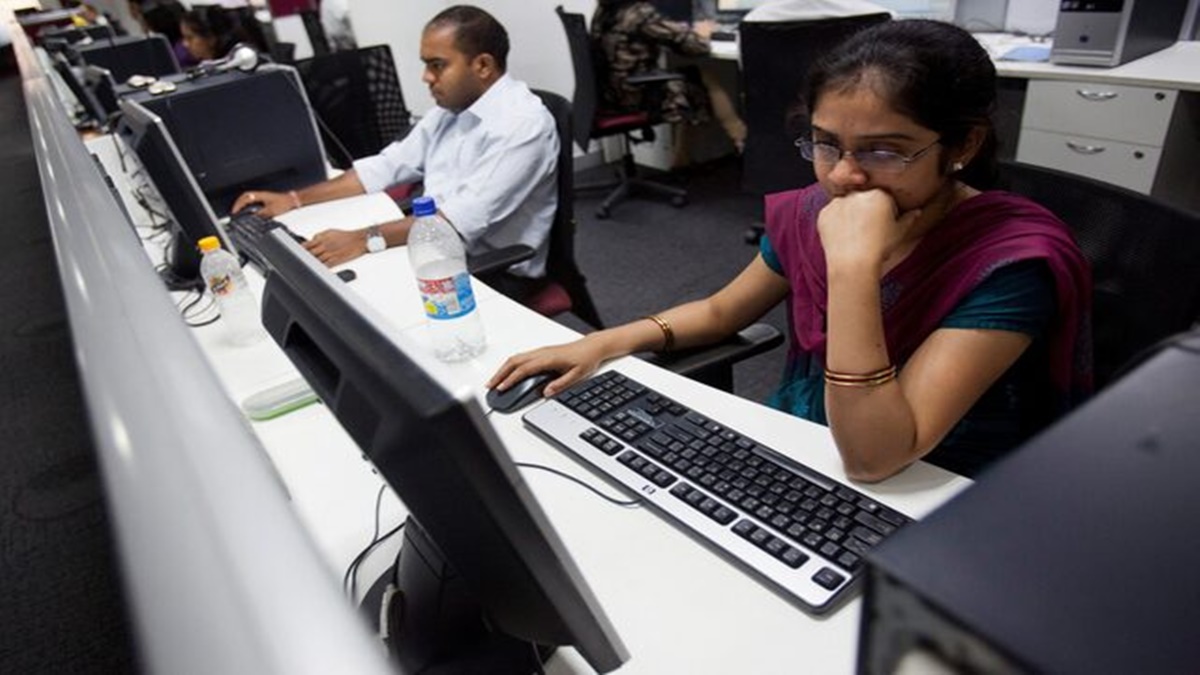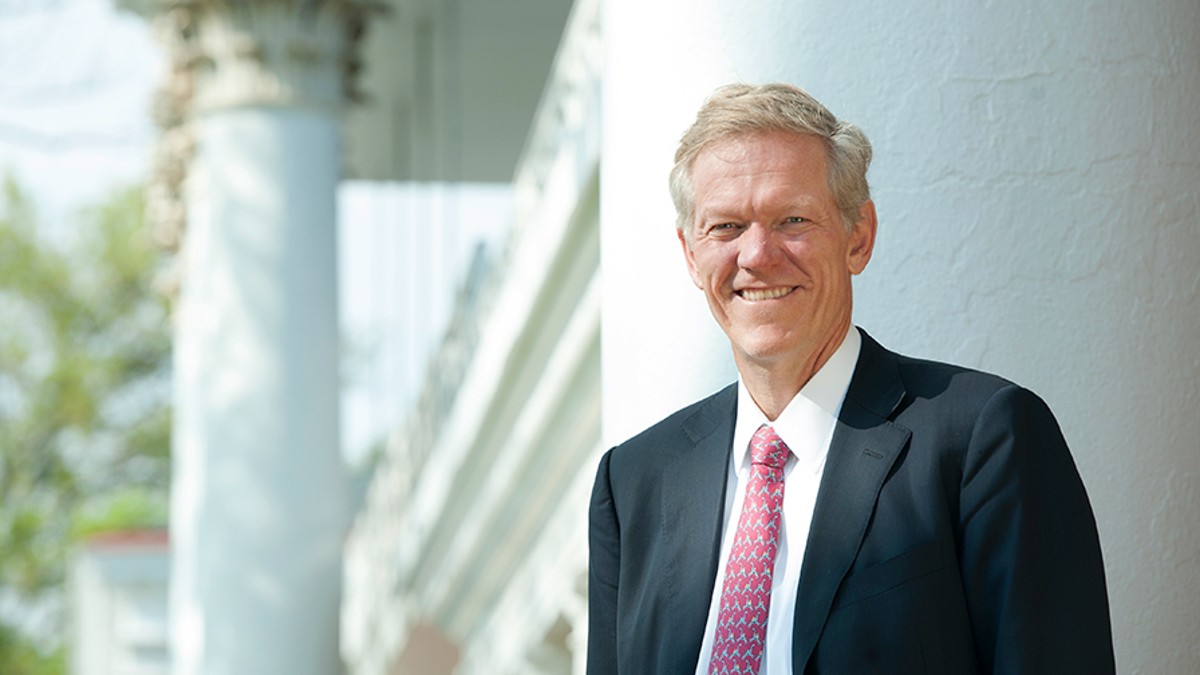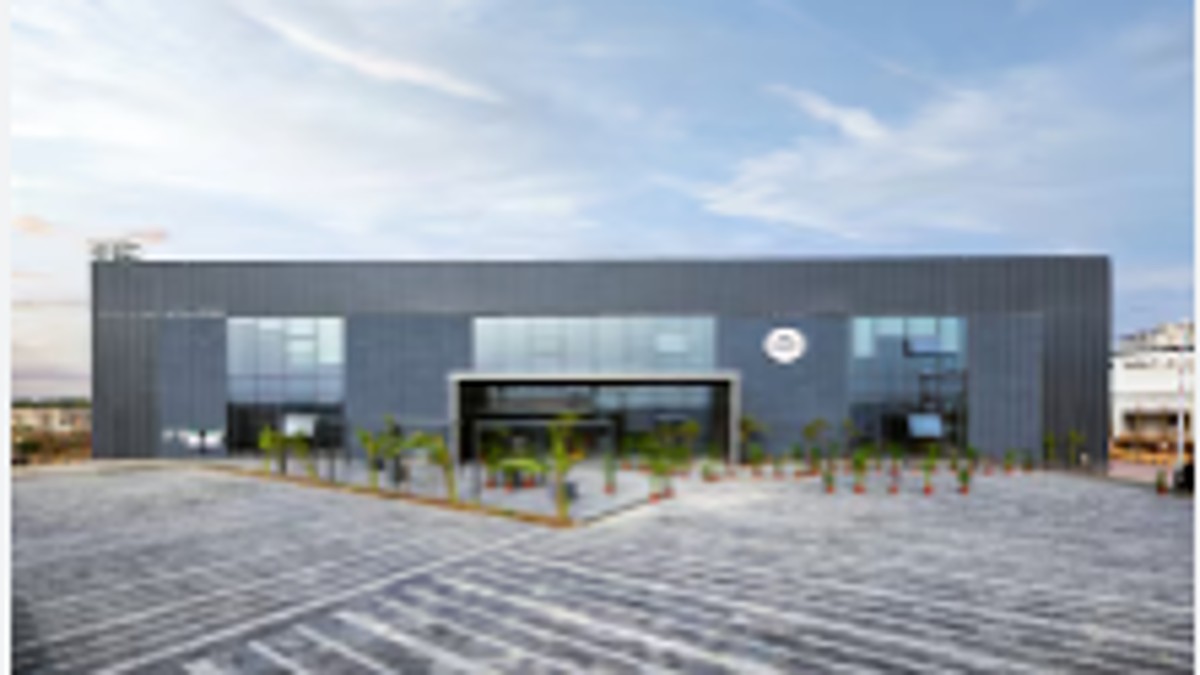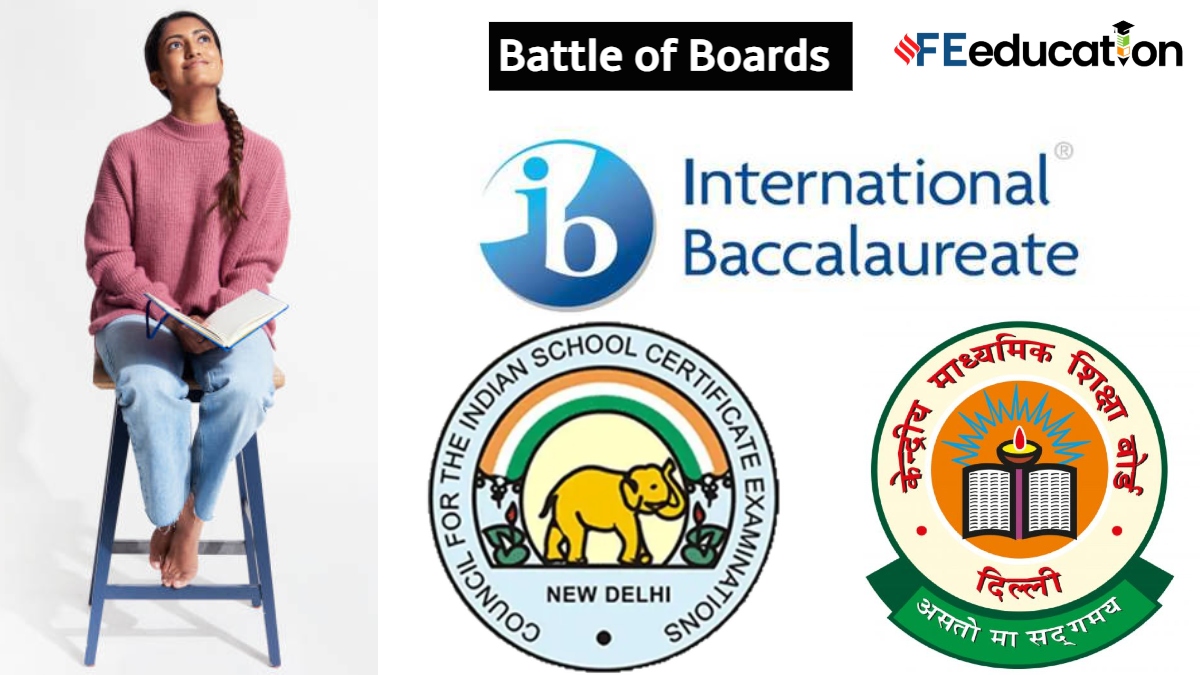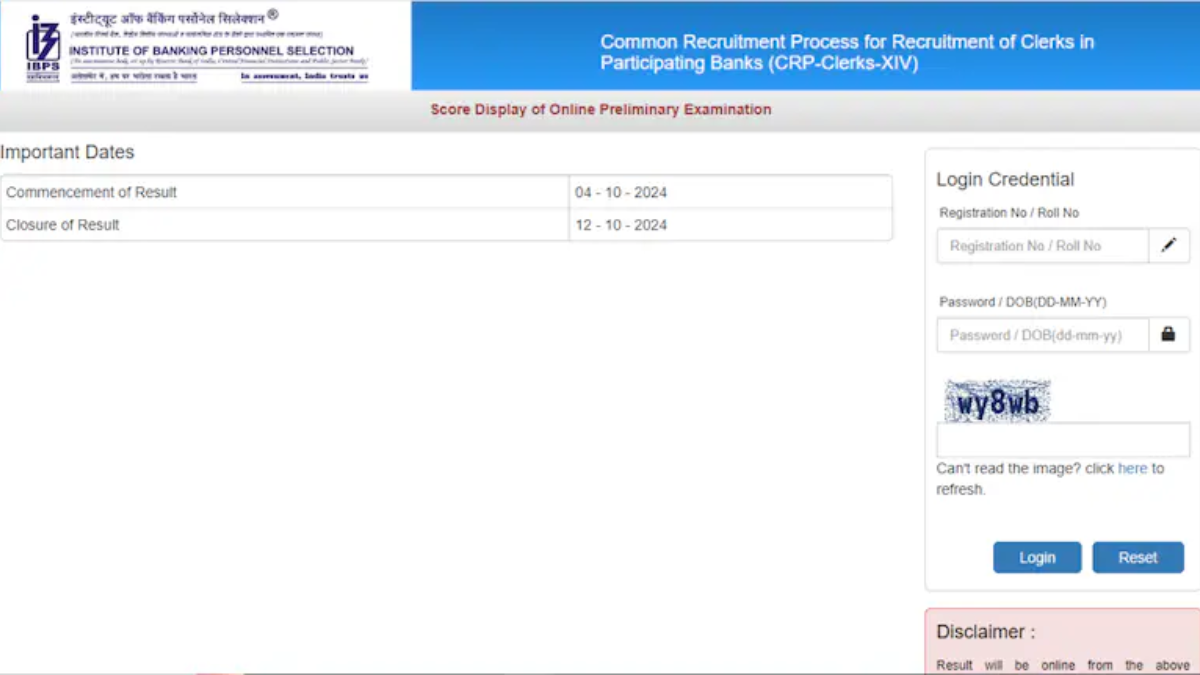Selecting the right educational board for your child is a significant undertaking that involves careful consideration. In India, parents typically weigh three major options: the International Baccalaureate (IB), CBSE (Central Board of Secondary Education), and ICSE (Indian Certificate of Secondary Education). Each board presents unique educational philosophies, teaching methods and approaches designed to meet diverse student needs and aspirations. Let’s discover each aspects of these boards- Founded in Geneva in 1968, the International Baccalaureate (IB) has become increasingly popular among Indian families. Currently, India boasts around 210 IB World Schools, primarily located in major cities such as New Delhi, Mumbai, Kolkata, and Bangalore. This growth indicates a rising demand for globally recognised education that equips students for a connected world. The IB offers four distinct programmes- Primary Years Program (PYP): For children aged 3-12, focusing on the development of the whole child. Middle Years Program (MYP): For students aged 11-16, promoting interdisciplinary learning. Diploma Program (DP): For students aged 16-19, preparing them for university with rigorous academic standards. Career-Related Program (CP): For students aged 16-19, combining academic study with career-related learning. Daisy Rana, Principal and Head of Heritage Xperiential Learning School, a Gurugram based IB school emphasised that The IB focuses on an inquiry-based method that prompts students to critically engage with concepts instead of simply memorising facts. This approach fosters crucial skills like creativity, evaluation and collaboration, all of which are highly sought after by employers worldwide. “The IB’s inquiry-led methodology focuses on understanding and connecting concepts rather than regurgitating facts. Employers internationally favour the IB for many reasons stated above but ultimately regardless of the curriculum, all employers will look for young people with an entrepreneurial mindset, infectious energy, willingness to collaborate and a desire to thrive wherever they live in the world,” she said. Founded in 1929, the Central Board of Secondary Education ( CBSE ) operates under the auspices of the Government of India and has become one of the country’s most recognized educational boards. With over 24,000 affiliated schools in India and approximately 240 schools overseas, CBSE’s extensive network makes it a practical choice for many families. The CBSE curriculum emphasises core subjects such as Mathematics, Science and Social Studies, which are crucial for students aspiring to enter fields like engineering or medical sciences. Additionally, the board’s focus on standardised testing equips students to excel in national competitive exams, including JEE and NEET. Alka Kapur, Principal of Modern Public School Shalimar Bagh in New Delhi believes that the CBSE curriculum focuses on providing a strong foundation for students, equipping them with the skills needed to excel in competitive exams. Many parents prefer the IB for its potential to develop well-rounded, globally aware individuals. Ultimately, the choice between CBSE and IB depends on whether parents prioritise national test preparation or global readiness. “The assessment techniques employed by CBSE focus on holistic development, encouraging creativity and analytical skills. The board’s commitment to fostering a student-centred learning atmosphere makes its students appealing to universities and employers in India,” Kapur said. Established in 1958, the Indian Certificate of Secondary Education (ICSE) is renowned for its comprehensive and rigorous curriculum, promoting a holistic approach to education. With approximately 2,500 affiliated schools across India, mainly in urban areas, ICSE is particularly attractive to families seeking an educational experience that fosters creativity and critical thinking. The ICSE curriculum encompasses a wide range of subjects, encouraging students to engage deeply with their studies. It incorporates project work, practical assessments, and a strong emphasis on languages, making it well-suited for students with varied interests, especially in the arts and humanities. Meanwhile, Damayanti Bhattacharya, Principal of Jasudben ML School, Mumbai emphasised that, ICSE’s teaching approach prioritises project-based assignments, practical applications, and experiential learning, encouraging students to go beyond textbooks. This contrasts with CBSE’s emphasis on theoretical learning and exam preparation. “ICSE students are often regarded as well-rounded individuals. While CBSE graduates tend to be favoured for Indian competitive exams due to syllabus alignment, ICSE students are perceived as better prepared for both Indian and global universities thanks to their comprehensive education and strong language proficiency. Employers also value ICSE graduates for their analytical capabilities, teamwork skills, and effective communication,” Bhattacharya said. As parents evaluate these educational options, understanding the distinctions in teaching methodologies and curriculum focuses is essential. The IB’s inquiry-based model fosters critical thinking and global awareness, while CBSE’s structured approach prepares students for traditional academic pathways. ICSE, on the other hand, emphasises depth and creativity, catering to those who flourish in a more diverse educational environment. IB: The IB has witnessed substantial growth in recent years, fueled by an increasing demand for international education. More families are recognizing the value of an IB diploma, which holds respect among universities worldwide. CBSE: CBSE has maintained its status as the largest educational board in India, continuously adapting its curriculum to align with the evolving educational landscape. Its vast network of schools makes it a reliable choice for families across the nation. ICSE: Although ICSE is smaller in scale, it has experienced a steady rise in enrollment due to its commitment to holistic education and critical thinking, appealing especially to urban families in search of a rich educational experience. Ultimately, the choice between IB, CBSE and ICSE should reflect your child’s unique needs, interests and aspirations. While IB offers a comprehensive, globally recognised education, CBSE provides a solid academic foundation and ICSE nurtures creativity and analytical thinking. By exploring these options, parents can make informed decisions that best support their child’s educational journey, ensuring a pathway aligned with their goals and dreams. None
Popular Tags:
Share This Post:
PM Internship Scheme portal sees 594,000 registrations in 5 days
- by Sarkai Info
- October 17, 2024
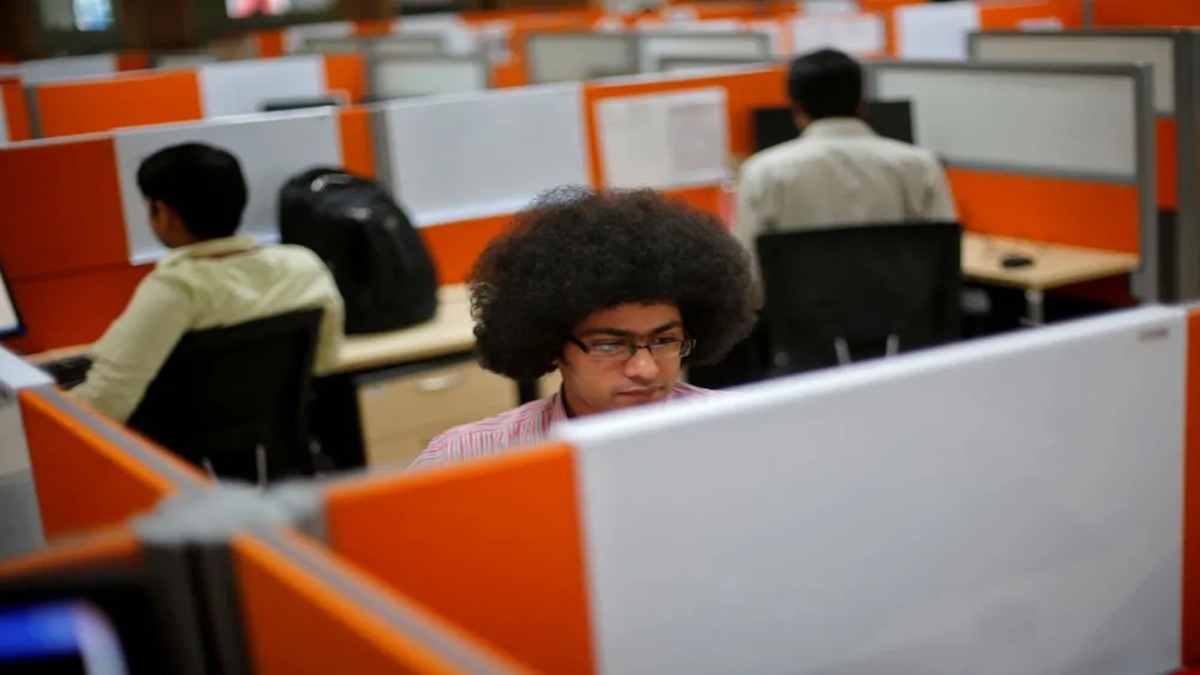
GCCs to increase fresher hiring by 40 per cent, IT services by 25 per cent: TeamLease report
October 17, 2024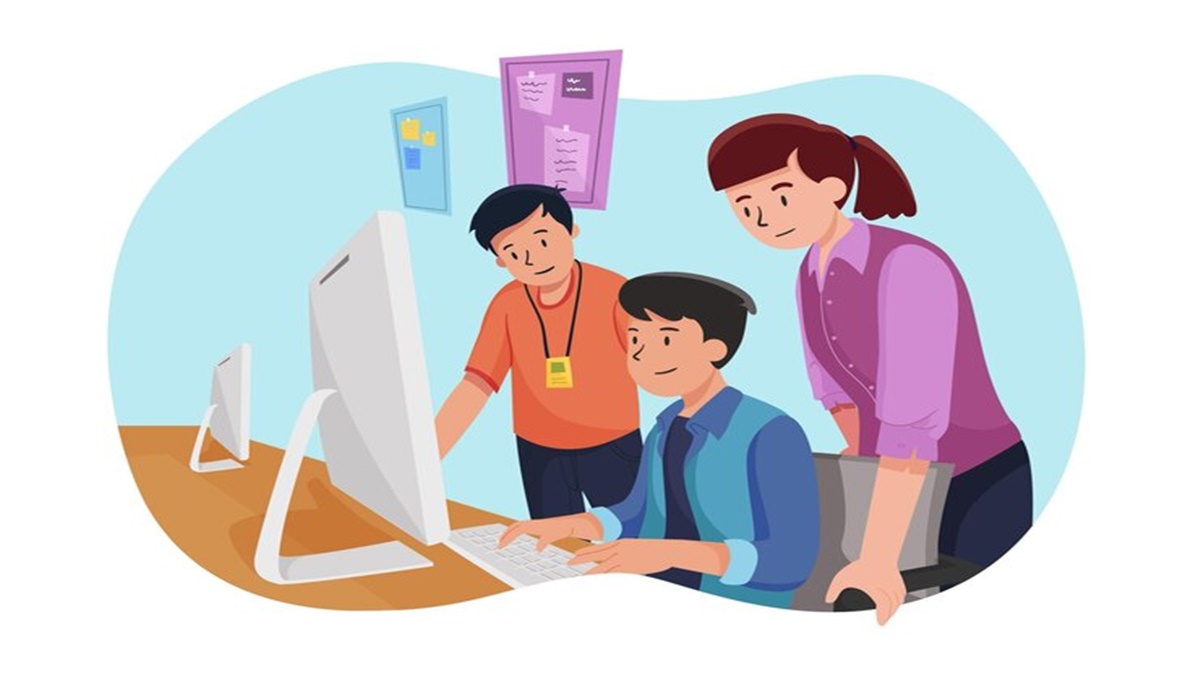
What’s New
Spotlight
IIT Madras invites applications for executive MBA program
- by Sarkai Info
- October 16, 2024
Today’s Hot
-
- October 16, 2024
-
- October 16, 2024
-
- October 15, 2024
Featured News
TCS headcount rises, attrition too increases slightly
- By Sarkai Info
- October 11, 2024
Latest From This Week
ETS TOEFL launches UK-India Scholarship worth Rs 25 lakh for Indian students- Details inside
JOBS-CAREER
- by Sarkai Info
- October 9, 2024
‘Make classroom a discussion forum, not a lecture hall’: Scott Beardsley, University of Virginia
JOBS-CAREER
- by Sarkai Info
- October 7, 2024
Deakin begins classes in India: Foreign university, Indian soil
JOBS-CAREER
- by Sarkai Info
- October 7, 2024
Subscribe To Our Newsletter
No spam, notifications only about new products, updates.

